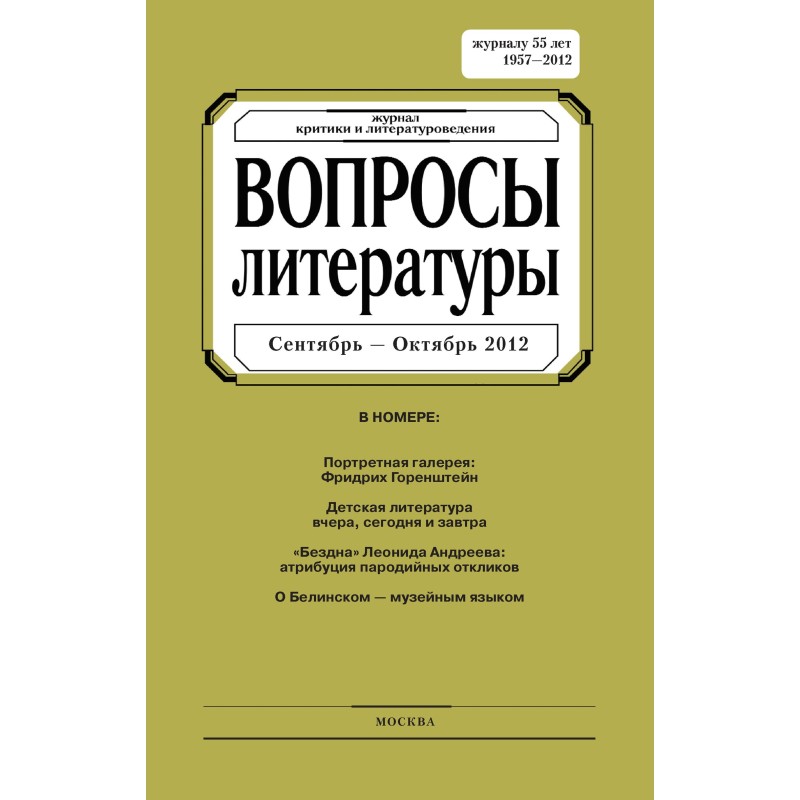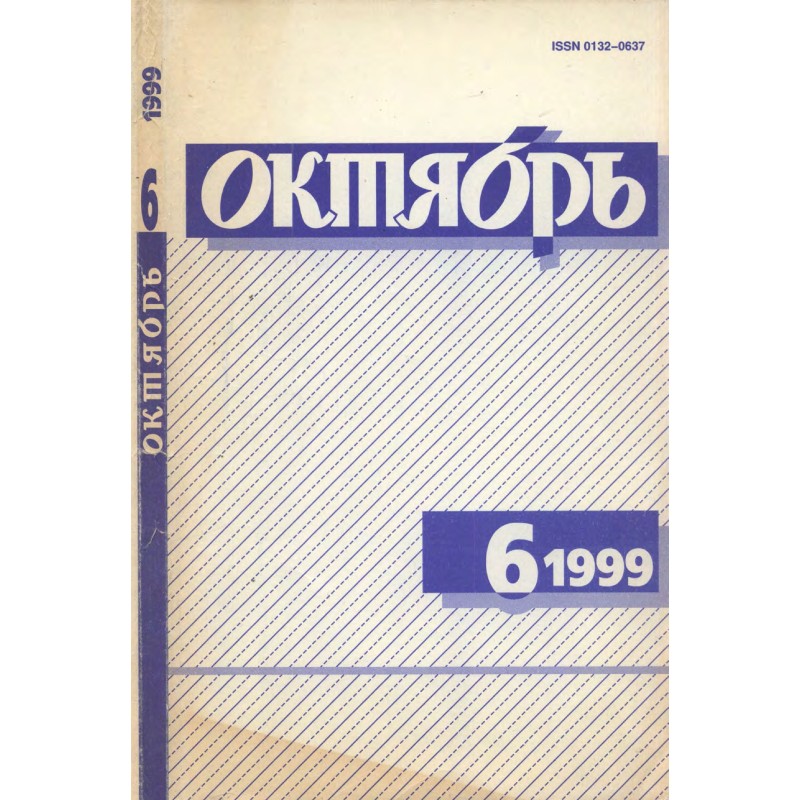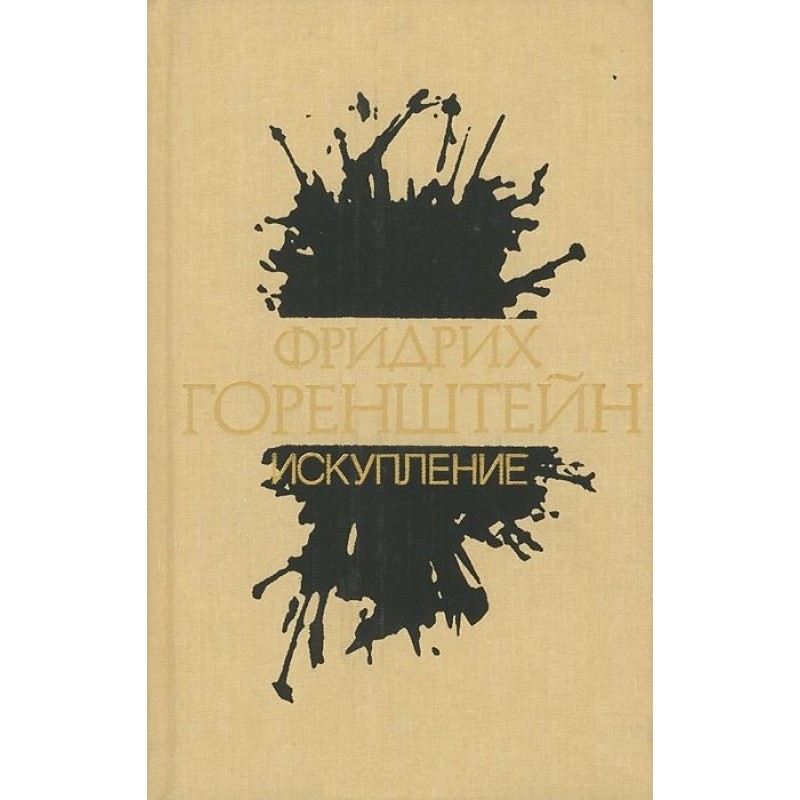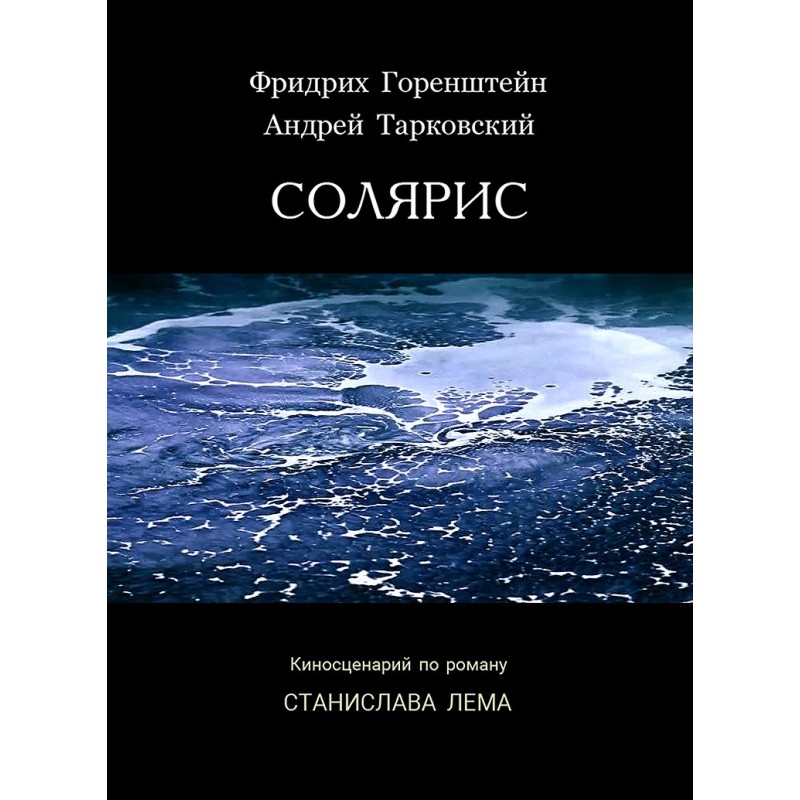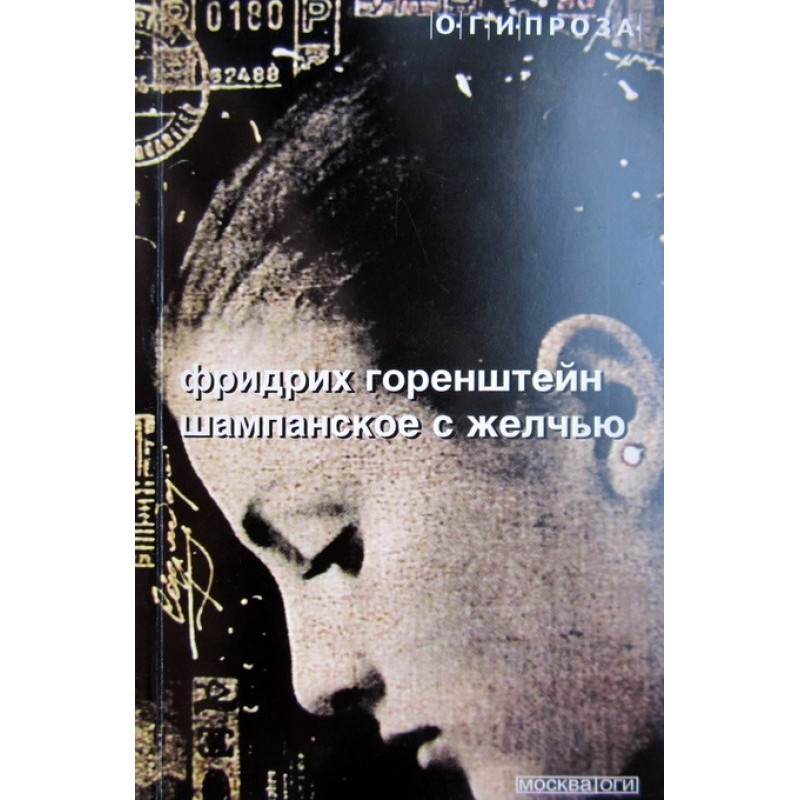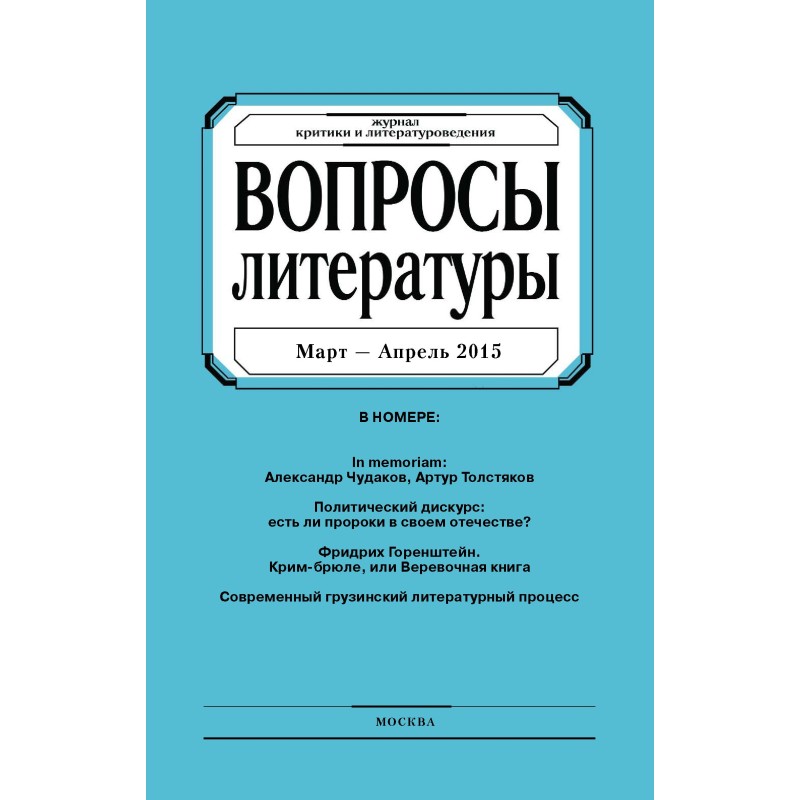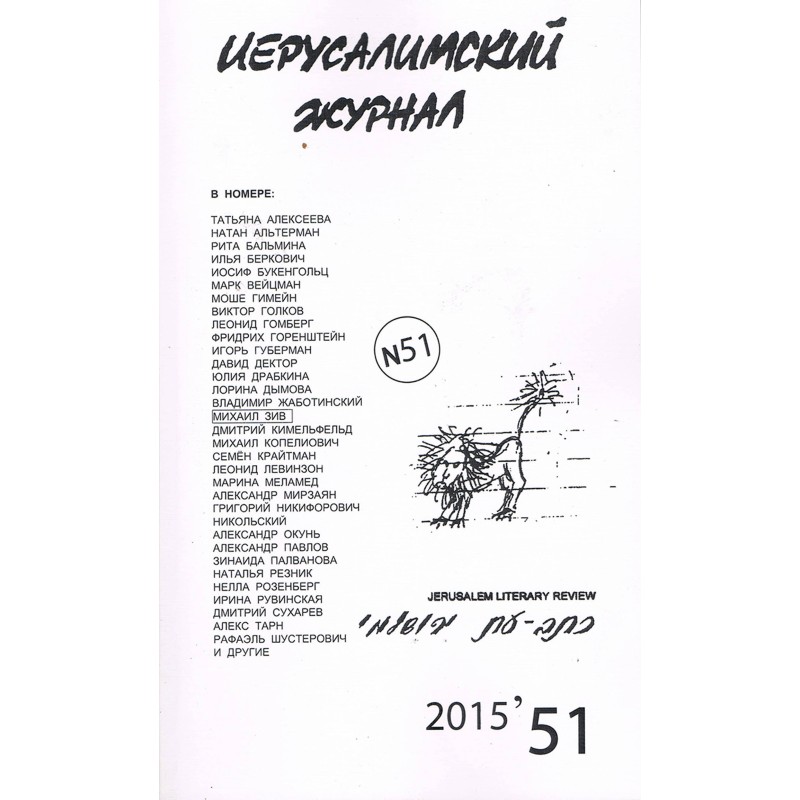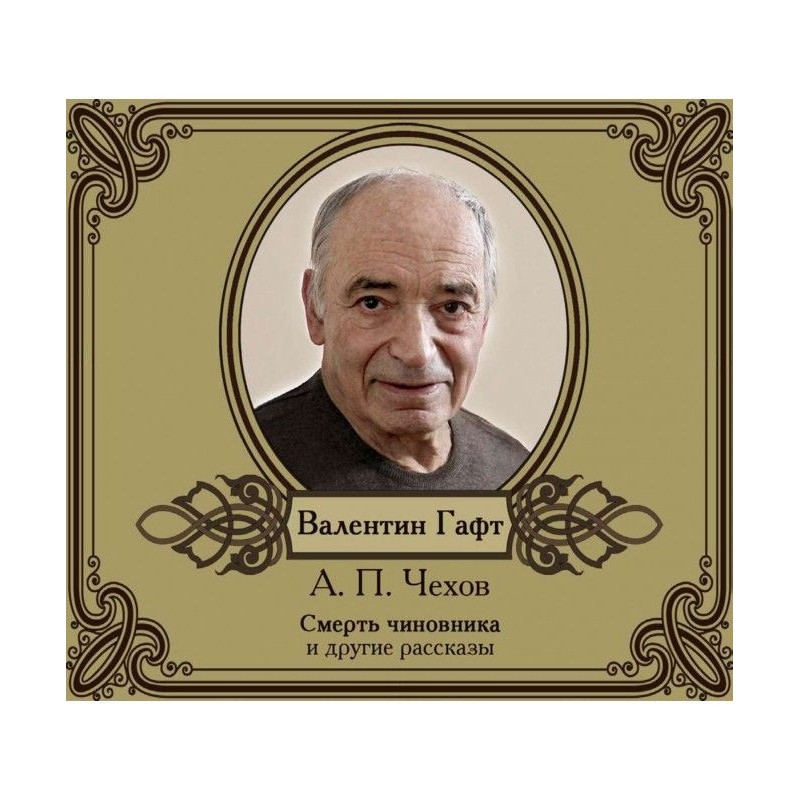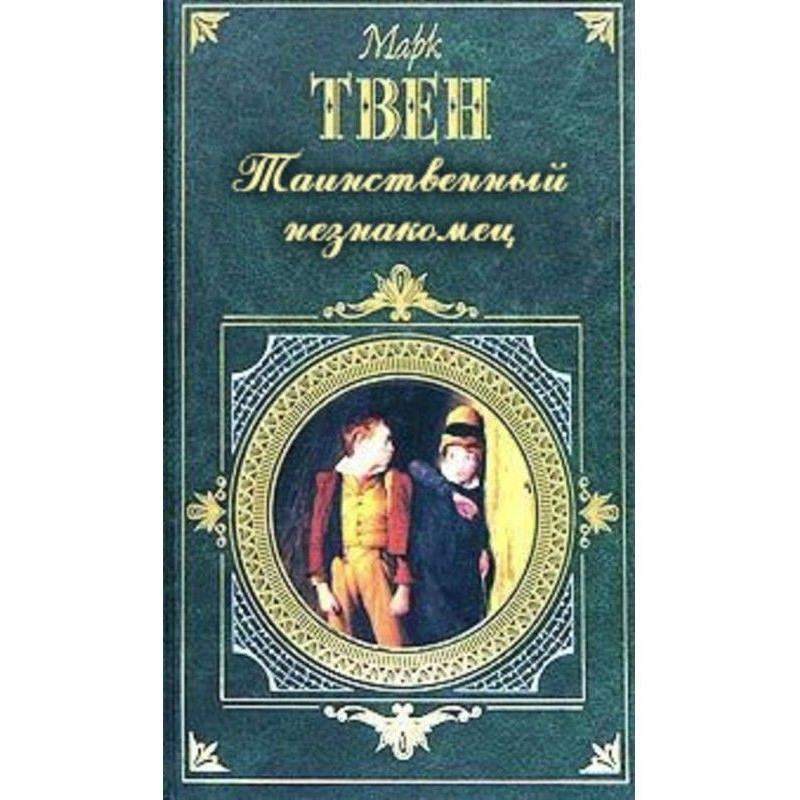Redemption
 Instant download
Instant download
after payment (24/7)
 Wide range of formats
Wide range of formats
(for all gadgets)
 Full book
Full book
(including for Apple and Android)
Friedrich Gorenstein, a writer and screenwriter (“Solaris”, “Slave of Love”), whose work, without exaggeration, can be called one of the pinnacle phenomena in the prose of the twentieth century, turned out to be a clearly underestimated master of Russian prose. He emigrated from the USSR in 1980, being the author of a single publication - the story “The House with a Turret.” Gorenstein gave his works to a narrow circle of friends to read, among whom were Andrei Tarkovsky, Andrei Konchalovsky, Yuri Trifonov, Vasily Aksenov, Fazil Iskander, Lazar Lazarev, Boris Khazanov and Benedikt Sarnov. All of them were convinced of Gorenstein’s genius, as Andrei Tarkovsky wrote about in particular in his diary. Gorenstein’s main interest was the fate of Russia, the Russian mentality, and the origins of the Russian Empire. Against this epic background, the fate of Russian Jewry was also important for the writer - “the theme of Russia and Jewry in the aspect of their mutual and tragically impossible, in a totalitarian society, gravity” (I. V. Kondakov). Gorenstein’s view of human nature largely determined him internal polemic with Dostoevsky. As the writer once noted in an interview, “at the core of man, despite God’s plan, lies Satanism, the devil, and therefore such great efforts must be made to keep a person from evil.” Reading Gorenstein’s prose also requires effort - there is a lot of painful and sometimes tragic, close to Dostoevsky’s “damned questions”. But this work is rewarded with a feeling incomparable - a touch of Gorenstein’s work as the true essence of existence...
Data sheet
- Name of the Author
- Фридрих Горенштейн Наумович
- Language
- Ukrainian
- Release date
- 2011
Reviews
Вражаюча глибина та емоційна насиченість
Книга "Спокута" Фрідріха Горенштейна – це справжній шедевр, який відкриває читачеві не лише світ російської ментальності, але й глибокі філософські роздуми про природу людини. Автор, який, без сумніву, заслуговує на більше визнання, майстерно поєднує особисті переживання з історичними подіями, що робить його твори неймовірно актуальними навіть сьогодні. Горенштейн ставить перед читачем складні питання, які змушують замислитися про мораль, добро і зло, а також про те, як ці поняття переплітаються в житті кожної людини. Його стиль письма вражає своєю поетичністю та глибиною, а також здатністю передати емоції, які залишаються з тобою ще довго після прочитання. Хоча переклад може містити деякі неточності, це не зменшує загального враження від твору. "Спокута" – це не просто книга, це справжня подорож у світ людських переживань та історії, яку варто пройти кожному, хто цінує літературу на високому рівні.




